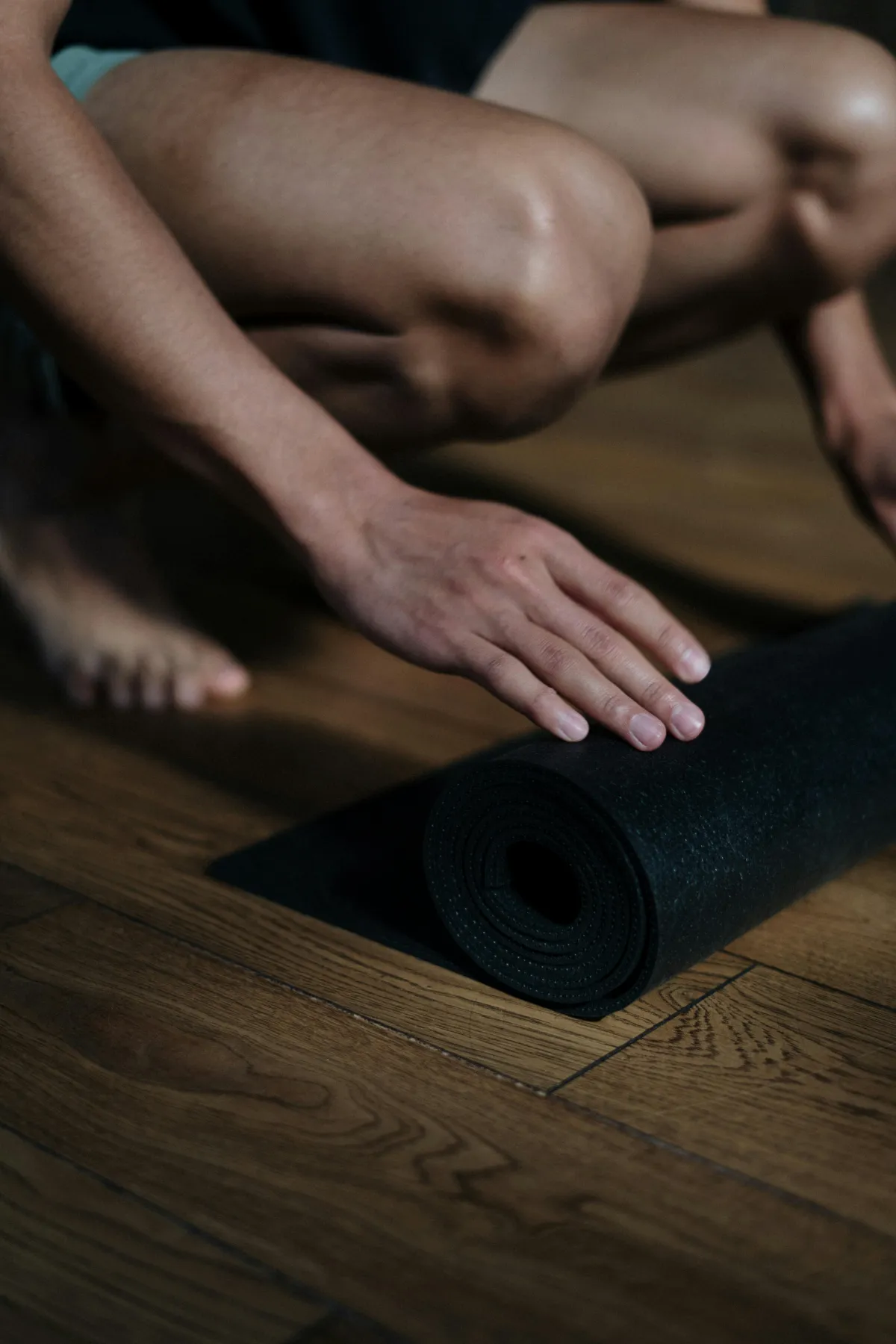Yoga for Addiction Recovery and Detox
We embrace a holistic approach to healing, incorporating yoga as a vital part of our addiction treatment programs. For individuals in rehab and detox, yoga serves as a transformative practice, helping to strengthen the body, calm the mind, and rebuild the spirit.
What Is Yoga?
and Why Is It Important for Addiction Recovery?
Yoga is an ancient practice that combines physical postures (asanas), breathing exercises (pranayama), and meditation to achieve a state of balance and harmo1ny. For individuals recovering from substance abuse, yoga offers numerous benefits by addressing the physical, emotional, and spiritual challenges of recovery.
Yoga is particularly effective in:
- Reducing stress and anxiety.
- Improving physical health and flexibility after detox.
- Enhancing emotional regulation and self-awareness.
- Building resilience to overcome cravings and triggers.
Contact Confidentially With Our Admissions Team
100% HIPAA Compliant-Confidential
How Yoga Supports Detox and Rehab
Aiding Detox
The detox phase of recovery can be physically and mentally draining as the body adjusts to the absence of addictive substances. Yoga can help ease the discomfort and stress associated with withdrawal symptoms.
- Improved Circulation
Directly supports the body's natural detoxification processes
- Calm the Nervous System
Gentle poses and breathing exercises help soothe the nervous system, reducing agitation and promoting relaxation.
- Managing Withdrawal Symptoms
Alleviate common symptoms such as headaches, muscle tension, and insomnia during detox.
Supporting Mental Health in Rehab
In the rehab phase, individuals often face challenges such as anxiety, depression, and emotional instability. Yoga provides tools to manage these emotions in a healthy and constructive way.
- Mindfulness and Self-Awarenes
Helping them understand and accept their feelings without judgment.
- Stress Reduction
By activating the parasympathetic nervous system, yoga reduces cortisol levels and promotes a sense of calm.
- Boosting Confidence
Yoga fosters self-acceptance, which can be crucial for individuals struggling with shame or guilt related to theiraddiction.
Strength and Resilience
Substance abuse can take a toll on physical health, leading to issues such as fatigue, weakened muscles, and poor posture. Yoga helps individuals rebuild their strength, flexibility, and endurance, enabling them to feel more in control of their bodies.
- Physical Benefits
Yoga strengthens core muscles, improves posture, and increases energy levels, aiding in the recovery of physical vitality.
- Mental Resilience
Yoga teaches individuals to face challenges with patience and perseverance, skills that are essential for long-term sobriety.
Yoga in Addiction Recovery
Physical
- Improved Flexibility
Regular practice enhances range of motion and reduces stiffness.
- Detox Support
Certain poses stimulate organs like the liver and kidneys, aiding in the detoxification process.
- Better Sleep
Yoga can help regulate sleep cycles, promoting restful and restorative sleep.
Mind and Spirit
- Stress Relief
Breathing techniques and meditation reduce stress and anxiety.
- Enhanced Focus
Yoga improves concentration and mental clarity, helping individuals stay committed to ther recovery journey.
- Emotional Balance
Yoga encourages emotional awareness, fostering a sense of peace and stability.
Spiritual Benefits
- Inner Connection
Yoga helps individuals reconnect with themselves and find meaning beyond their addiction.
- Mind-Body Connection
By bridging the gap between the physical and mental, yoga creates a sense of wholeness and balance.


FAQ's
Is yoga suitable for beginners?
Absolutely! Yoga is accessible to individuals of all fitness levels, and our instructors will guide you through every step.
Can yoga help with withdrawal symptoms during detox?
Yes, yoga can ease physical and mental discomfort during detox by promoting relaxation and reducing stress.
How often should I practice yoga in rehab?
We recommend practicing yoga at least 3–4 times a week, though daily practice can provide even greater benefits.
Do I need any equipment to start yoga?
A yoga mat is helpful, but it’s not necessary to begin. At The Hope Ranch Recovery Center, we provide all necessary equipment.
Contact Us Today
The Hope Ranch Recovery accepts most Private Insurance Providers.
At this time, we do not accept Medicaid or Medi-Cal.
